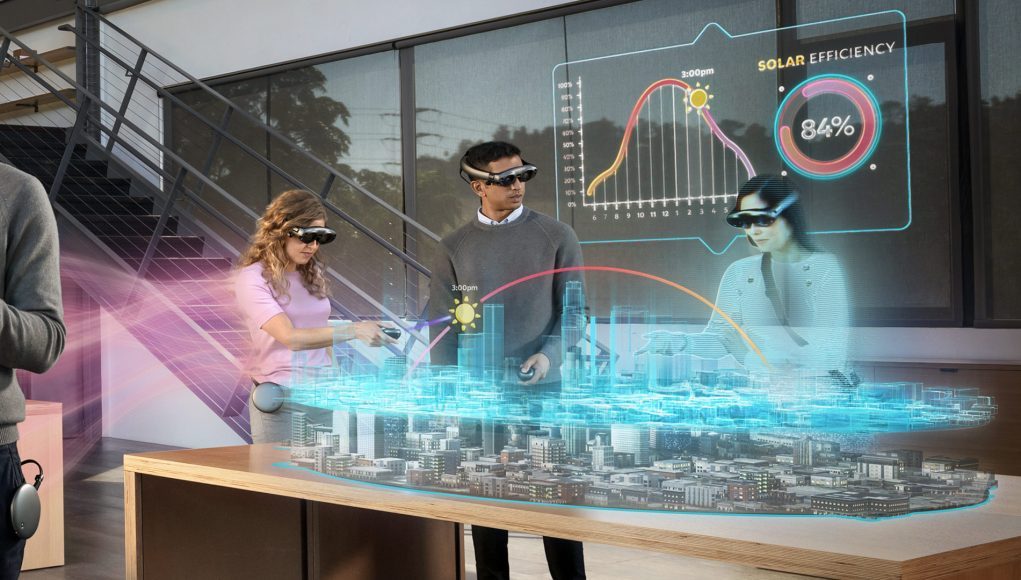Magic Leap’s next-gen AR headset, Magic Leap 2, is officially slated to launch sometime in 2021. Company founder and CEO Rony Abovitz says in a Forbes interview that ML2 will be targeting enterprise and early prosumers, calling it “a major new platform packed with sensors, and advanced optics.”
Speaking to Forbes, Abovitz says its next headset is now passing through its final build stages, although he didn’t delve into specifics regarding any of the device’s upcoming features, saying only that the company plans to work with customers to perfect the Magic Leap 2 throughout 2020—exactly how, he wouldn’t say.
In a bid to further position itself as a solution for businesses, Magic Leap has now done away with the Magic Leap One Creator Edition moniker, replacing it simply with ‘Magic Leap 1’.
The $2,300 base price tag is still the same, and it doesn’t appear to be physically different in any way from the Creator Edition, which was launched in August 2018. However now the company is ostensibly trying to attract enterprise users, as its newly updated website puts professional use cases front and center—a definite change in tone from the quasi-consumer approach the company has taken since launch, which has showcased games, music apps, and experiences as the platform’s biggest draws.
The company has also put together a Magic Leap 1 ‘Enterprise Suite’ package, priced at $3,000, which includes two years of access to the company’s newly released Device Manager software, enterprise support, limited warranty, and rapid replace plan.
Some of this likely comes as response to a damning report recently released by The Information that alleges the company only sold 6,000 Magic Leap One headsets in the first six months after launch.
That same report maintains that Magic Leap Two will include 5G connectivity, a wider field of view, a smaller and lighter form factor, and different color options. The report claims however this second iteration may be stymied by “fundamental technology constraints,” making a hardware refresh a possibility too. Critically, Magic Leap disavowed the report, calling it “littered with inaccuracies.”
Whatever form Magic Leap 2 takes, one thing is for certain: the company is taking a clear step back from its ambitions as a consumer device, and meanwhile locking down street cred as a business-friendly device provider, putting it in closer competition with Microsoft’s HoloLens platform. Its 2021 release date is also encroaching upon the same time frame Apple reportedly could release its first AR device too. Where those two dots connect, we can’t say just yet (especially since the Apple report is unsubstantiated), but it seems the roaring ’20s are going to be a very interesting decade for AR, to say the least.







